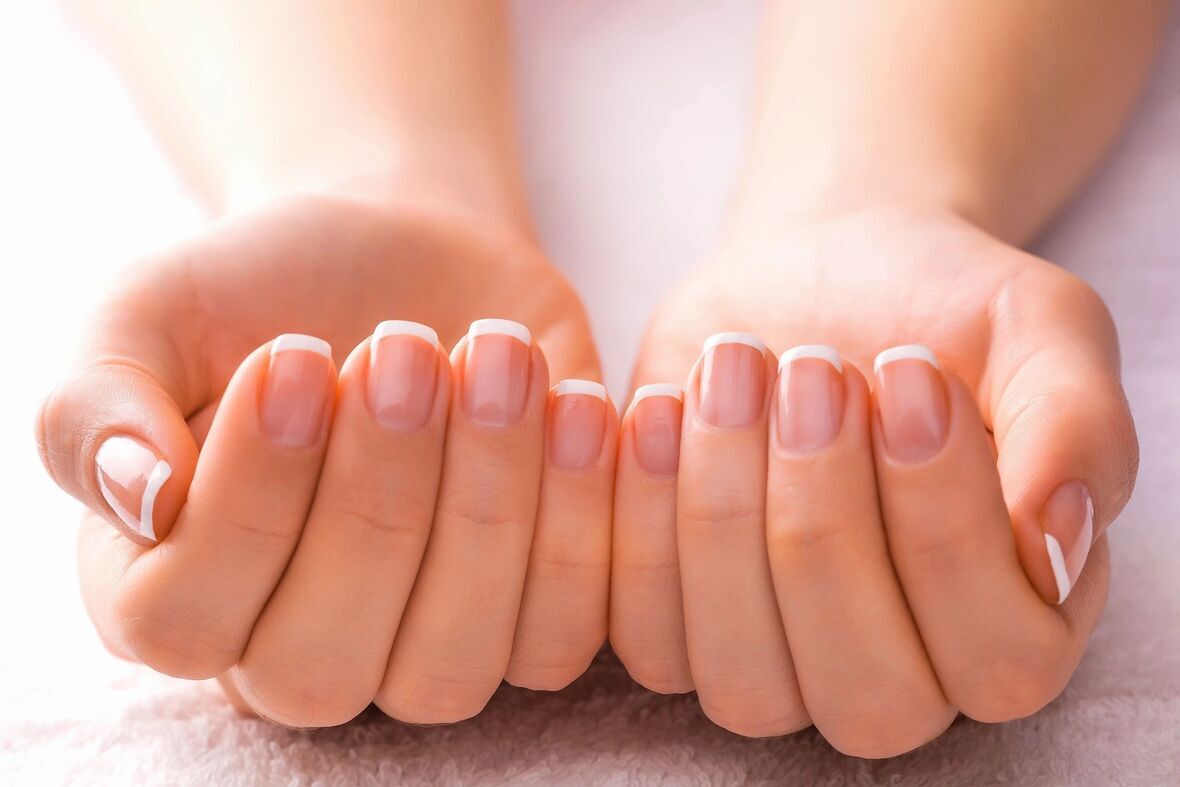Why do my nails have white spots on them?
Q: I have white spots on my nails and they also break easily. Does this have anything to do with a vitamin deficiency? I never used to have this and noticed them pretty recently. Thank you in advance!
A: I don’t know your age and stage in life, and these factors can make a difference in my answer, but here is a very general answer that should give you the information you are seeking. If you're noticing white spots on your nails or find them breaking easily, you're not alone. Brittle nails are a common concern, often caused by nutritional imbalances, environmental factors, or other health-related issues. Let’s explore why this happens, what might be causing those little white spots, and how to support your nails nutritionally and through other remedies.
Why do nails get brittle? Brittle nails occur when they become weak and fragile, making them prone to splitting, cracking, or peeling. Several factors contribute to this condition:
| ▪ | Nutritional deficiencies: Nails require specific vitamins and minerals to stay strong and healthy. A lack of these nutrients can result in weak or brittle nails. |
| ▪ | Dehydration: Both internal and external hydration play a role. If your body or nails are too dry, nails can become brittle. |
| ▪ | Frequent exposure to water or chemicals: Constant washing or exposure to cleaning chemicals, detergents, and nail polish removers can dry out nails, making them prone to breakage. |
| ▪ | Aging: As we age, our nails naturally lose moisture and flexibility, leading to increased brittleness. |
| ▪ | Medical conditions: Certain health issues, like thyroid disorders or skin conditions (such as eczema or psoriasis), can impact nail strength. |
White spots, medically known as leukonychia, are quite common and usually harmless. If these white spots appear frequently, it may be worthwhile to assess your diet or discuss with a healthcare provider to ensure you're getting all the essential nutrients.
Nails benefit greatly from a balanced diet rich in vitamins, minerals, and healthy fats. Here are some key nutrients and the foods they’re found in:
- Biotin (Vitamin B7): Known for strengthening nails, biotin-rich foods include eggs, nuts, seeds, and leafy greens.
- Protein: Since nails are made of keratin, a protein, it’s essential to consume adequate protein from sources like lean meats, poultry, fish, beans, and lentils.
- Zinc: Deficiency in zinc can lead to white spots and weak nails. Foods high in zinc include nuts, seeds, beans, and whole grains.
- Iron: Iron is vital for nail health, and deficiency can cause spoon-shaped or brittle nails. Good sources of iron are red meat, poultry, spinach, and legumes.
- Vitamin E: This antioxidant helps protect nails and skin, and can be found in nuts, seeds, and vegetable oils.
- Omega-3 Fatty Acids: Essential for moisture retention, omega-3s keep nails flexible. Incorporate fatty fish, chia seeds, walnuts, and flaxseed oil into your diet.
Here are some more tips to keep your nails strong:
- Keep nails moisturized: Apply cuticle oil or a nail-strengthening cream regularly. Coconut oil, olive oil, and shea butter work well for this.
- Limit exposure to water and chemicals: Wear gloves when washing dishes or cleaning, and try to avoid excessive hand washing.
- Avoid overusing nail polish remover: Many removers, especially acetone-based ones, can dry out nails. Look for acetone-free removers if possible.
- Stay hydrated: Drinking enough water helps maintain nail hydration, making them less prone to breaking.
- Take a biotin supplement if necessary: If you struggle with brittle nails despite a balanced diet, consider a biotin supplement, as studies have shown biotin can improve nail thickness and strength.
If your brittle nails are persistent, painful, or accompanied by other symptoms like hair loss or fatigue, consult a healthcare professional. They can help rule out any underlying health conditions that might be affecting your nails, such as anemia or thyroid issues.



 5 min
5 min


